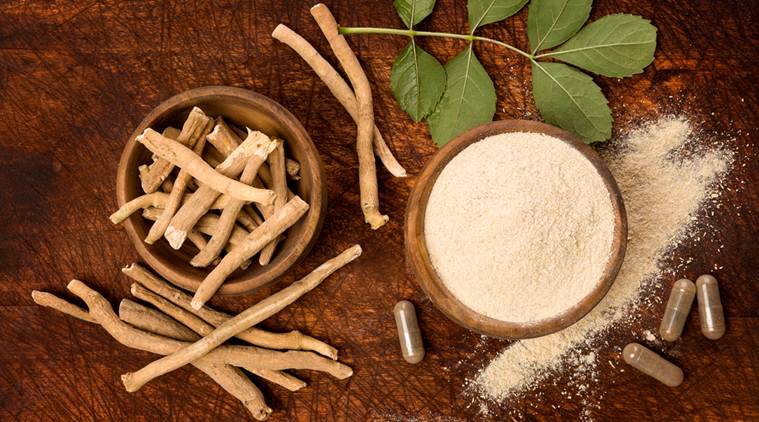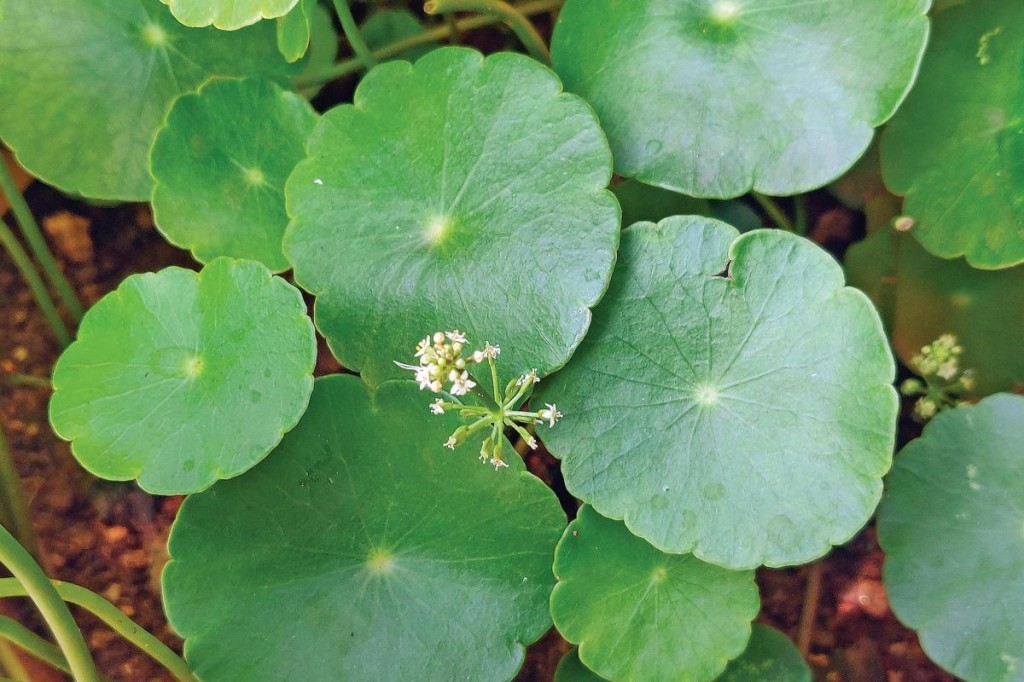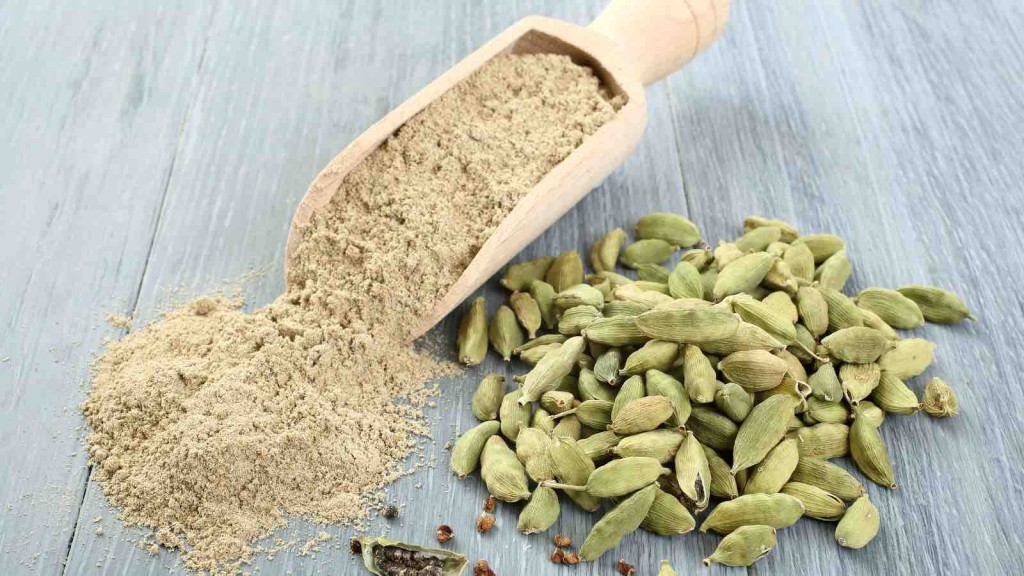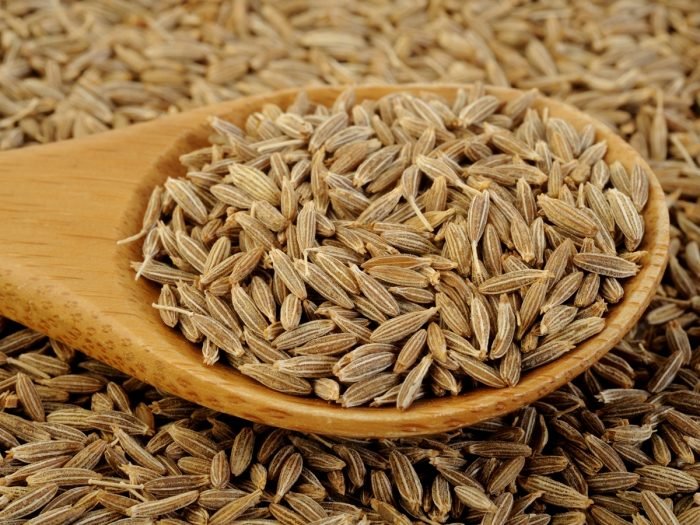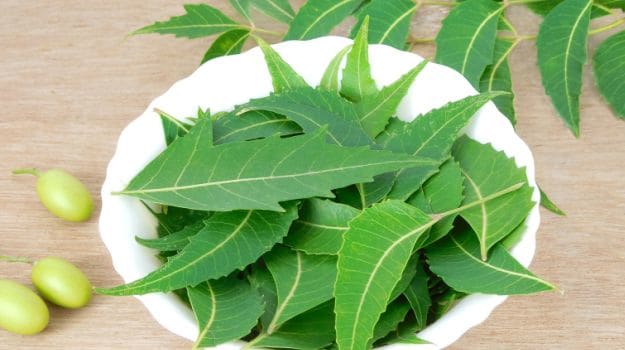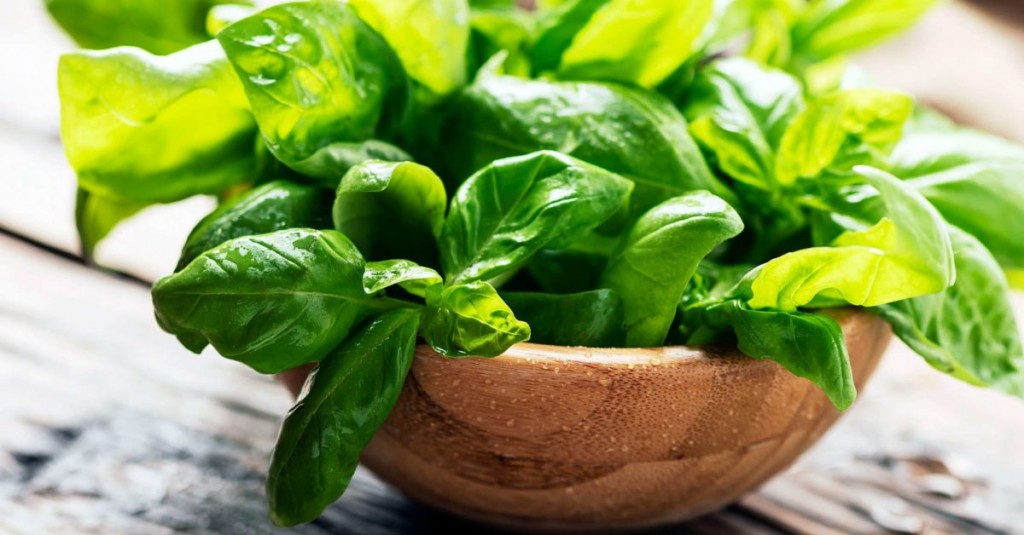The use of Ayurvedic herbs can help address various ailments and improve the overall functioning of the human body. Clever use of these herbs is sure to yield many health benefits.
With so many people affected by lifestyle diseases, including Ayurvedic herbs in your diet can help treat many health issues.
1. Ashwagandha
Ashwagandha is a root powder with a slightly bitter taste. It is shown to reduce levels of stress and anxiety. Ashwagandha also helps in muscle development, brain function, and boosting fertility.
Take 1/2 teaspoon with milk. You can also add honey to sweeten. It is fat-soluble and should be consumed with a healthy fat such as ghee, butter, or milk. Ashwagandha is available in different forms which include tablets and powder.
2. Brahmi
Brahmi has been used in ayurvedic medicines for a variety of purposes. Brahmi is known for its memory-enhancing properties. The herb has many other benefits, such as managing cold, healing skin, and reducing inflammation.
Brahmi oil is an excellent choice to prevent hair loss and strengthen hair. Brahmi is available in the form of Juice, powder, capsule, and oil. You can boil in water or milk and take it every morning.
3. Cardamom
Cardamom is also rich in vitamins and minerals, and fiber. The flavor of Cardamom is sometimes compared to mint. It is used in sweet as well as savory recipes. Because of its antioxidant properties, Cardamom is helpful for people with High blood pressure.
Cardamom is a common spice used in Middle Eastern and Arabic foods, and its popularity has also increased in the West.
It also has anti-inflammatory and antibacterial properties. Cardamon is available in the form of powder, essential oil, and capsules.
4. Cumin
Cumin is known to promote digestion and reduce food-borne infections. It also promotes weight loss and controls blood sugar. Cumin seeds are a rich source of iron.
Cumin seeds are used in whole and grounded form in various cuisines and medicines. Using a small amount in seasoning foods can help overcome iron deficiency.
It is an essential ingredient in chutneys and curries. The aroma is heavy and strong, with a warm taste.
Cumin is found in various varieties, such as black, green, and white. However, the brownish-yellow variant is the most common.
5. Neem
Neem leaves, seeds, fruit, roots, and bark can be used for different purposes. The antimicrobial properties make it effective against bacteria and fungus. Neem powder extracted from the seeds has many different uses.
One of the common uses is to treat acne and improve skin elasticity. Neem also accelerates wound healing due to its increased inflammatory response.
6. Basil
Basil is used in many cuisines, salads, and soups. It enhances the flavor and also aids digestion. This herb is traditionally used in Ayurvedic medicines as well.
It helps treat respiratory problems, intestinal illnesses, motion sickness, and nausea. In addition to Basil leaves and powder, Basil drops are widely popular as well.
This leafy herb is also used in teas and supplements.
7. Ginseng
Ginseng is taken to treat a range of medical conditions. It helps improve brain functions, memory, behavior, and mood. Ginseng is an excellent choice for those who feel weak and tired.
Ginsenosides and gintonin are the two key ingredients that provide health benefits. Ginseng root can be included in your diet in many ways. You can steam it lightly to soften the root. It can be stewed in hot water.
The inclusion of various herbs can help you lead a healthy life both physically and mentally. However, you should not expect any overnight results. These ayurvedic herbs are beneficial to improve the overall functioning of the human body.
If you have any on some medications, consult a health specialist before using some of these herbs. These herbs can react with different medicines as well, which also makes consultation with a health specialist necessary.


